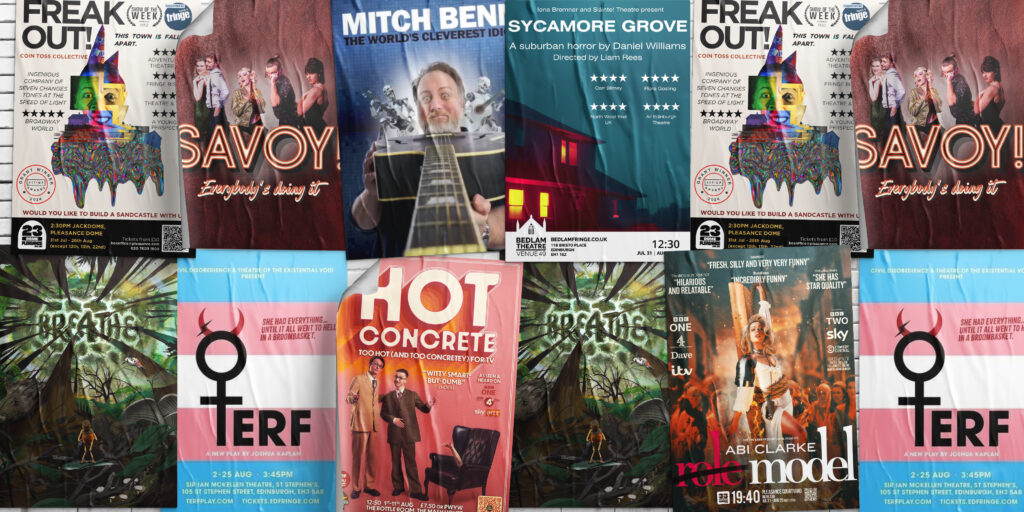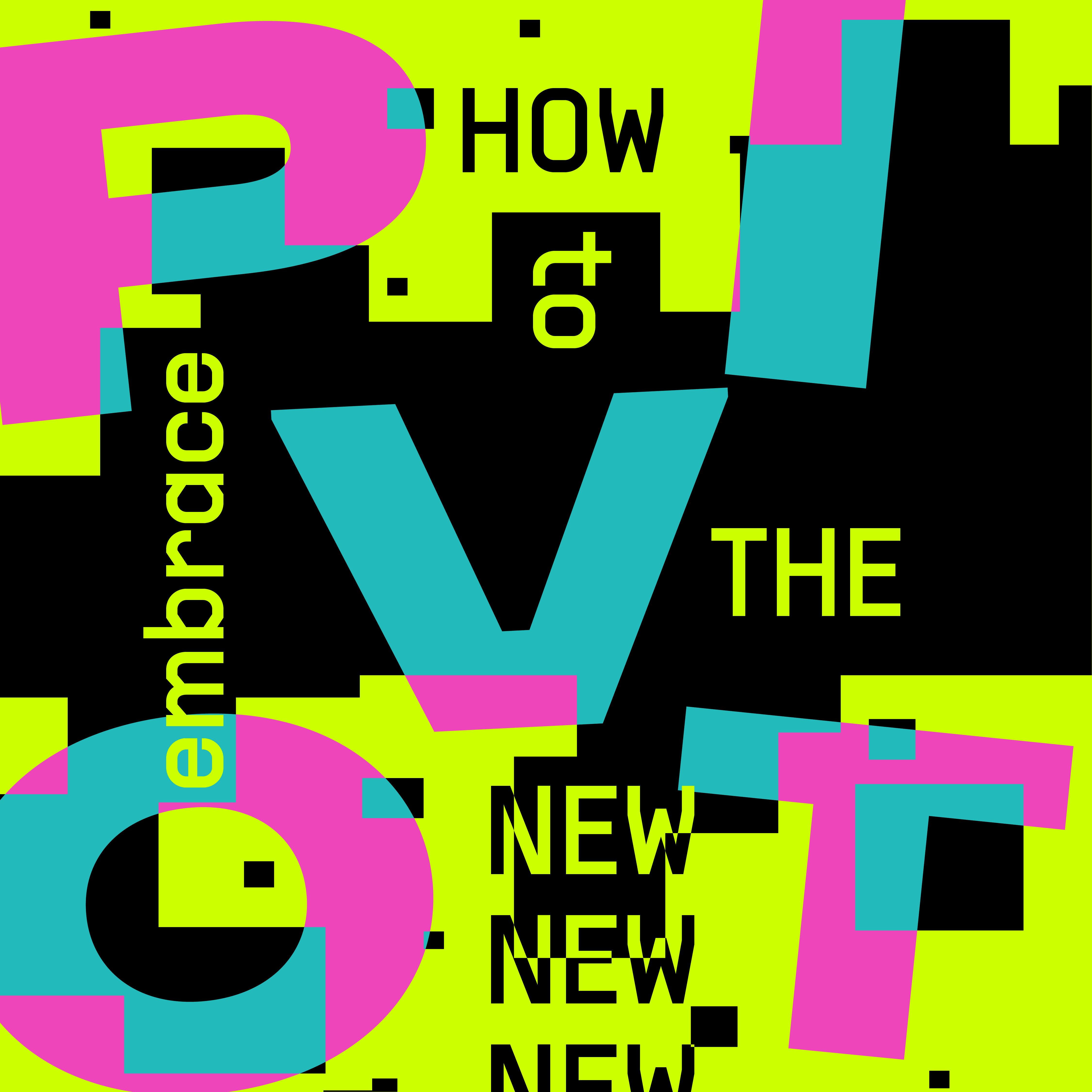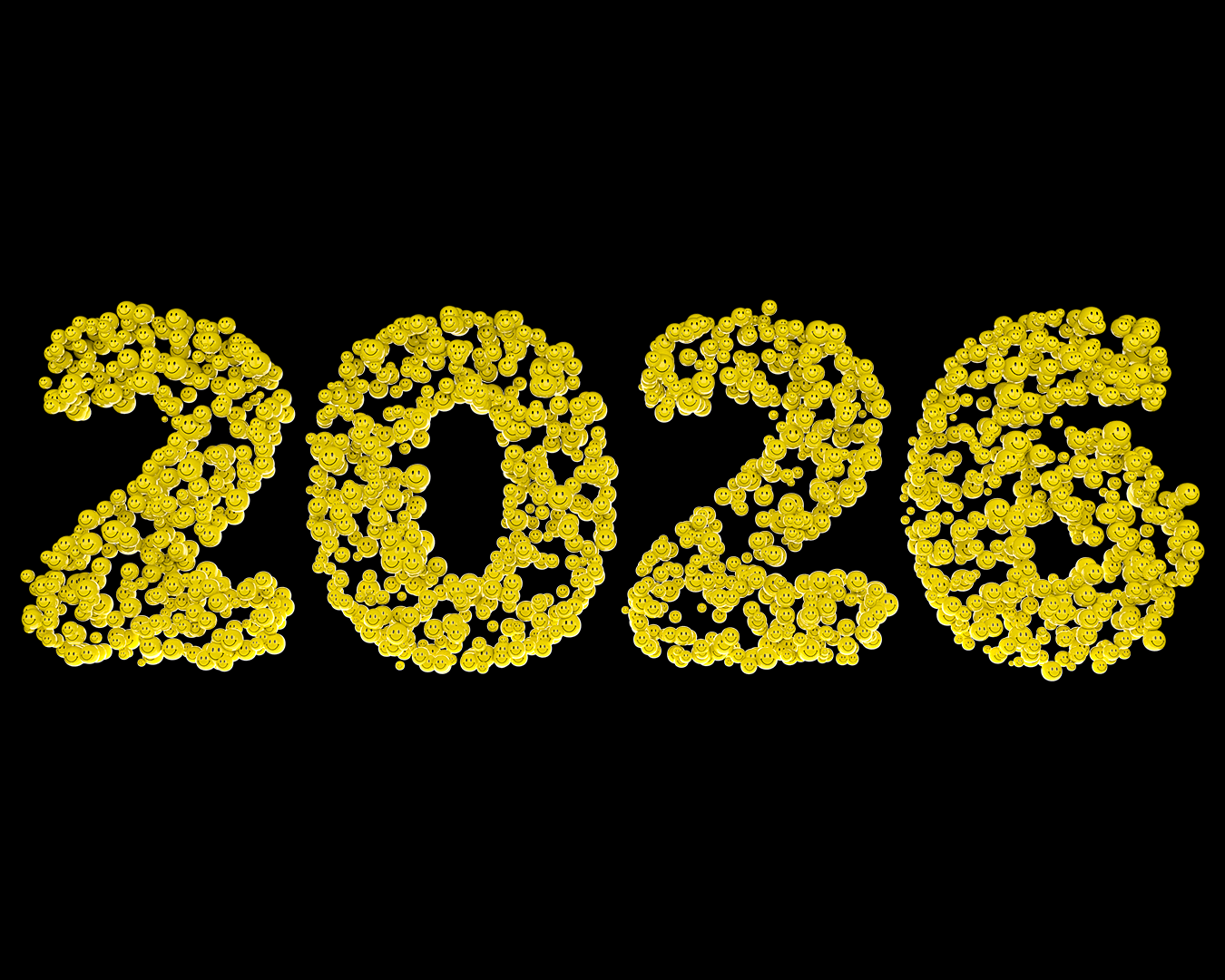
What is this? A self-confessed digital marketing addict takes ten days off for arts and culture? Please stick with me; the two are connected.
I argue that the best digital marketers are those who love their work as a hobby. These digital marketers have blogs of their own, partly to get hands-on with WordPress or Google Analytics and to see what works for SEO tactics on the site or which pixel-tracking solutions are best.
Here is the thing: What people do and think about is crucially essential to any form of marketing.
Since one of my blogs is about Edinburgh reviews, I absolutely review shows during the Edinburgh festival season and am again an accredited Festival Fringe reviewer. My review stars are currently plastered onto posters around the city, and the marketer in me likes it when the show’s PR agency includes the logo, too.
So, while I attempt to earn links, build the brand, sell MPU spaces and try new technology and techniques to keep up with the content production (I recommend a folding Bluetooth keyboard for your phone), I also get to use the Edinburgh Festivals as a radar for the mood of the nation. These little nuggets and signals of future hot topics that all marketers can use. Here are some of the trends I’ve spotted;
I am a comedian; take me seriously
There have been many acts this year that might be considered ‘famous on the internet’ or even influencers. This year, despite or because of the persistent bubble around influencers, some are rebranding or relaunching as more traditional comedians.
For example, Abi Clarke is %100 upfront about this in her show (Role) Model. A viral video took her from “nobody” to star with 2M followers, but now she shies from the term ‘influencer’ and wants to be taken seriously as a comedian.
Abi’s show is also notable for its seamless use of multimedia. She will pause to show you a video. Making videos is a skill set this TikToker has! People are not impressed just because you made a video, even less so if you are a brand.
Digital isn’t a specialty or special
Abi is not unusual in her ability to create digital content for her show. A favorite of mine, Hot Concrete: Too Hot for TV, had a flat screen set up on their stage for their mock TV show with ads running on they’d made themselves. No technician in sight or needed.
In Breathe, in real-time, with camera phones at the front and some specialist tech in support, Half a String made real-time macro videos with layered special effects of a puppet woodland. The digital skillset was part of the art.
Mercury in Retrograde had a backdrop, and dialogue was digitally provided while Bobby Allan acted and sang in time and on queue with the virtual character in the show.
My list of shows that integrated technology as easily as shoes or guest stars could go on. I didn’t see a single paper ticket in two weeks. Venues took QR codes off smartphones.
Technology is part of our social life admin, and it leaves the home.
That said, there are times when technology fails. It was not a Crowdstrike, but Edinburgh had a power cut on day one.
Cancel is not a concern
When the power cut struck, comedian and songmeister Mitch Benn took his audience outside to the steps of McEwan Hall and finished his show with just his wit, voice, and guitar.
Benn, perhaps best known for Radio 4’s “The Now Show,” also has several million YouTube views. He usually runs his entire performance with digital foot pedals and software on his smartphone. He’s not scared of the tech and coped with the power cut.
In his 2024 performance, Benn warns audiences about the rise of algorithms making decisions for us and the influence of the rich.
The young talent at Coin Toss Collective’s contemporary play FREAK OUT! is about the financial cost and social isolation of homes at risk from rising tides. Yes, there are eco-horrors at the Fringe.
The cabaret of Savoy! Everybody’s Doing It worried that marriage might be a lie, while Sycamore Grove worried that other people’s success might be down to black magic.
There are old concerns about keeping up with the Joneses and newer ones about algorithms and the climate emergency, but with around 50 shows to my name, not once did I hear a moan about cancel culture. There may be a selection bias here, but when reporters went out to find a controversial show, it tended to be TERF, which is not getting positive audience reviews.
I heard more mentions of COVID and Edinburgh’s trams than I did culture wars.
Newspaper editors are interested in what motivates people. Should those newspapers ever be interested in the festival, they will find evidence that people are upset about pronouns and pink hair dye.
In for a penny, in for a pound
Despite the potential for bin strikes, Edinburgh’s festival streets were full of people. Restaurants were packed out. Venues added food vans, and even the newly relocated Edinburgh International Book Festival, now at the Edinburgh Futures Institute, brought more hospitality with it.
Yes, the festival buzz did not spread far from the city centre, but my testimony is that visitors were coming from afar and were not afraid to splash the cash. Visitors in for a penny were in for a pound. I very much hope this trend is a sign of consumer confidence, or at least, of people prepared to go big if they go at all.
Nine from the Fringe
The Festival Fringe’s own press office identified nine trends of their own. You don’t need to take my word for it as the key themes Ed Fringe highlighted are;
- Climate and sustainability
- Sport
- Cooking and world heritage
- The female experience
- Neurodiversity and neurodiversity works
- Technology and AI
- Capitalism
- Family-friendly shows
- Wellbeing and mental health
My zeitgeist conclusions
Change is coming, and the festival radar suggests that climate, sustainability, and technology are pushing for this change. Back in my day job at the Union, it was increasingly commonplace for clients to ask for carbon consumption benchmarks for their website or about green web hosting. We’re not all the same, and communications open to as diverse a range of people as possible are going to do better. Once again, back at my day job, it’s unheard of this year to get an RFI that has not been concerned with accessibility and usability. I think Edinburgh’s 2024 festival season tells us that the public knows the future is closer than ever and is in tune with efforts to make tomorrow a better one. Uncertainty is a concern but not change itself.




